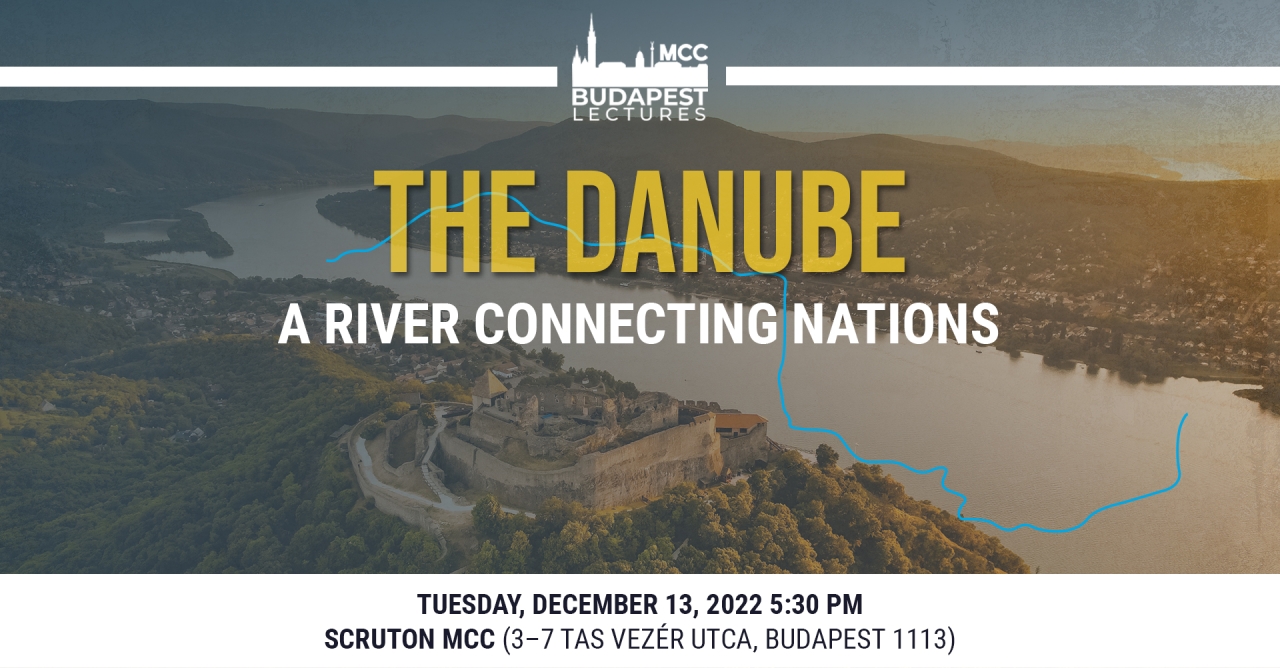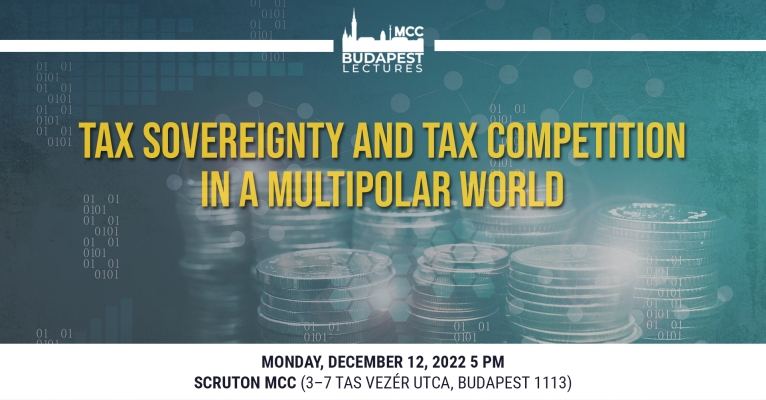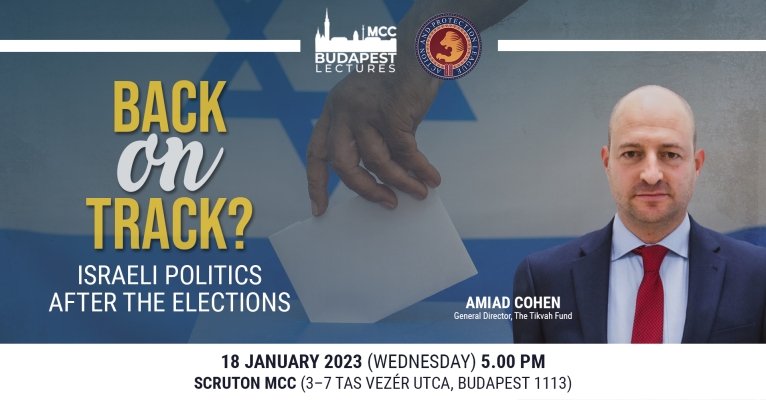The Danube offers a natural trade way as a shipping route, but shipping faces many challenges. All the countries in the Danube basin are essentially part of Germany's supply chains, but how can the countries in this region trade better with each other? In energy, a lot of new links are becoming increasingly important such as the gas pipeline from Serbia to the EU, but there are other infrastructural developments like the Budapest-Belgrade railway.
The aim of the discussion is to explore the cooperation between the countries of the basin, how it can be furthered, and what specific forms it might take in the future.
Opening speech: Zoltán Szalai Director General of MCC
Speakers:
- Attila Demkó was born in 1976 in Budapest. He graduated from Eötvös Lóránd University in Budapest with a degree in history and political theory in 2000. In 2008, he was awarded summa cum laude by XX. his doctoral dissertation on 19th-century Irish national struggles in ELTE's doctoral program dealing with modern and contemporary universal history. In addition to his university studies, he pursued additional studies in the field of security policy: between 1997 and 1998, he participated in the Manfred Wörner Foundation's one-year defense and security policy course in Budapest. Between 2004 and 2005, he participated in two semesters of international security policy training at the Geneva Center for Security Policy. His field of research and the topic of his final thesis was Europe's future security environment. In 2006, he attended a two-month training course on East Asian security at Beijing National Defense University. He started his career as a security policy advisor at the State Secretariat for Security and Defense Policy of the Prime Minister's Office in 1999. Between 2002 and 2010, he worked as a clerk at the Defense Policy Department of the Ministry of National Defense. From 2010 to 2012, he was the head of the Defense Planning Department of the Ministry of Defence. Between 2012 and 2014, he headed the Defense Policy Department at the Permanent Mission of Hungary to NATO in Brussels. Between 2014 and 2018, he was the head of the Defense Policy Department of the Ministry of National Defence. His book Bonfire was published in 2018, which deals with the national and geopolitical conflicts of Central and Eastern Europe in the context of a fictional story. Additional editions of the book were published at the end of 2018 and 2019. Co-authored by György Gyulai, his book Day by Day Trianon was also published in 2020. From 2018, he is a permanent author of Mandiner. In 2005 and 2009, he received the National Defense Award III., then II. department, and in 2014, in recognition of his work in NATO, he was honored by the President of the Republic, János Áder, on the occasion of the 15th anniversary of Hungary's NATO membership. He speaks English and French.
- Mihai Sebe is the Head of Unit, European Studies Unit at European Institute of Romania. He is an expert in Romanian and European Politics within several public and private organizations, providing an in-depth assistance on the way how the Romanian contemporary politics is built and functions from the perspective of past Romanian political experiences and of the current European and global context that shapes nowadays. He holds a Bachelor’s Degree in Political Sciences in French Language and in Law. He has obtained a PhD in Political Sciences at the University of Bucharest. His areas of interest are political sciences, international relations, contemporary history of Europe and Romania, the history of the European idea as well as public law and the area of ethics and corporate social responsibility.
- Moderator: Sándor Gallai is the Head of the School of Social Sciences and History. He holds a degree in economics from the Budapest University of Economics and a PhD in political science from its Doctoral School of International Relations. With a Tempus scholarship, he studied for 10 months at the Department of Comparative Politics at the University of Bergen. He spent six months as a researcher in Leuven, one month in Oslo and three months in Bergen and Glasgow. For more than two decades, he has taught at Corvinus University, mainly on comparative politics, political systems and transitions in Eastern and Central Europe, public policy and governance in Hungarian and English language programmes. He has served the university for a decade and a half in various departments, institutes and faculty leadership positions. He has published two single-authored and one co-authored monograph, one edited textbook, and dozens of book chapters and journal articles, mostly in Hungarian and to a lesser extent in English. In addition to his academic activities, he has worked as a political-economic analyst (Australian Embassy), head of policy analysis (Budapest Economics/DZ BANK CEE Research), head of governmental research institutes (Institute for Public Policy Research, Institute for Foreign Affairs and Foreign Trade), scientific director of a non-governmental research institute and later director of a research institute (Migration Research Institute).
We welcome all those interested!


